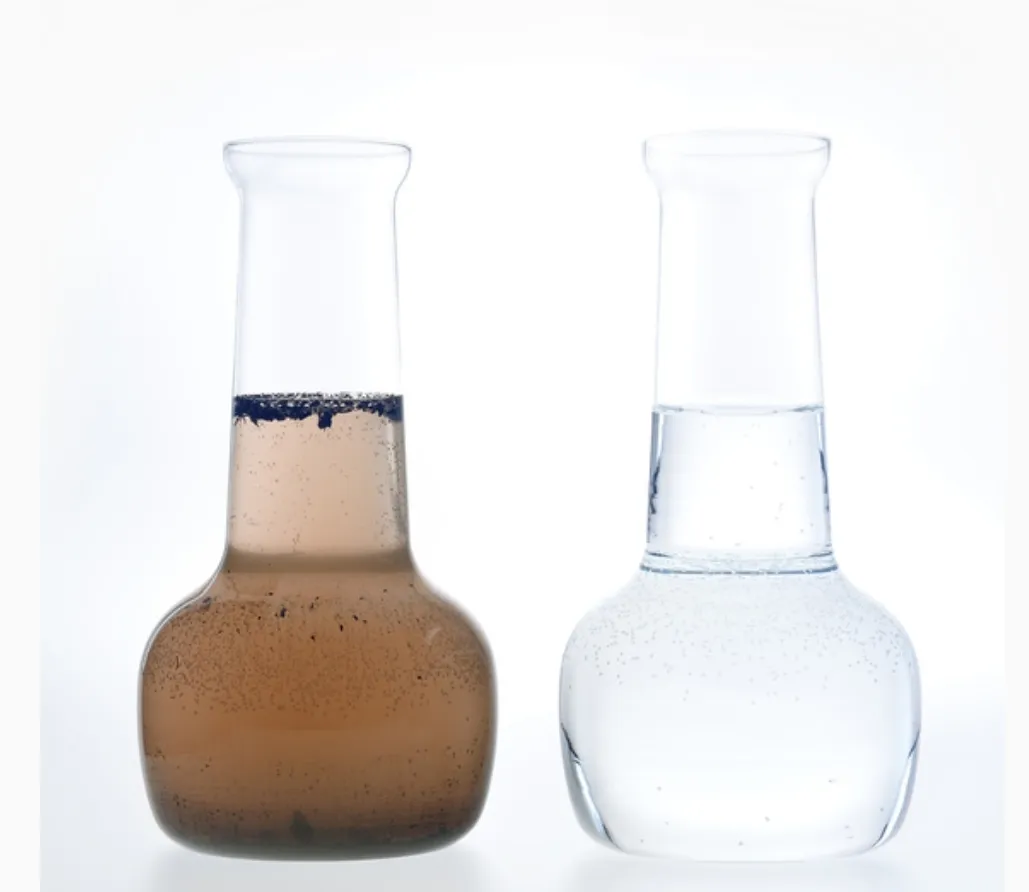TSS
Total suspended solids in water refer to solid particles that are suspended in water and are not completely dissolved. These solids can include soil, sand, clay, organic matter, bacteria, and other fine particles. The particles are present in drinking water, surface water, and industrial wastewater. These suspended solids that remain on a 2-micrometer filter are called Total suspended solids, or TSS, in a water sample, although some clays and colloids pass through a 2-micrometer filter.
These TSS negatively affect water or wastewater quality in several ways:
1- They cause turbidity in the water and reduce its quality. This can affect various water uses, such as agriculture, drinking, and industry.
2- These particles can act as carriers of pollutants and negatively affect aquatic ecosystems. They may block light, thereby disrupting photosynthesis in aquatic plants.
3- The presence of suspended solids reduces the efficiency of water treatment systems and requires more treatment.
Therefore, physical methods such as sedimentation or filtration are usually used to purify water and reduce the amount of suspended solids.
How to measure
We calculate total suspended solids gravimetrically based on the difference in weight of the dried suspended matter in the filter from the moisture-free filter.
Share:


